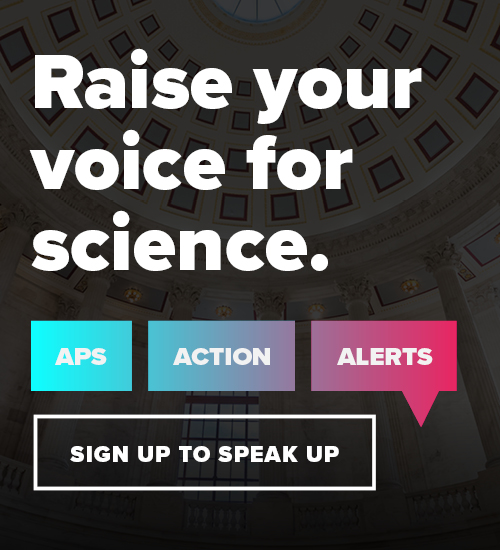To build public support for science, researchers must be able to discuss their work in a way that is meaningful to people who don’t have a technical background. Scientists are trained to present their work in professional settings where there is a high level of shared knowledge. In those settings, scientists try to establish their expertise, demonstrate the validity of their methodology, and show how their work is advancing the field. Encounters with non-scientists are different. In these settings, your objective is to increase appreciation of research for people who may have little more background than high school biology.
When speaking with non-scientists, you have to adjust your language. Start by getting rid of jargon and replacing terminology such as “hypertension” with terms such as “high blood pressure.” Technical terms permit precision and brevity between colleagues, but using such terms can make it difficult for non-scientists to follow what you are saying.
Details are essential to scientific discourse, but a broad brush stroke approach works much better with those outside your field. By reducing the level of detail, it is easier for non-specialists to see the big picture.
If you are studying a disease-related phenomenon, you can explain the disease’s impact on patients and how answers to the scientific questions you are asking would help them. The task can be more challenging when you are studying a basic physiological problem or how an animal adapts to its environment, but it shows the relevance of your work.
Even more than what you say, people will remember how you came across: Were you friendly? Did you talk with them rather than at them? Engage in a conversation rather than giving a lecture?
Your objective is to build good will by providing a glimpse of how research works, but conversations may go in unexpected directions. Don’t be concerned if you can’t complete your explanation. Also, if you don’t know the answer to a question, say so. Avoid speculating outside your area of expertise because you might end up giving out wrong information.
Practice a simplified explanation of your work with family and friends, and then ask for feedback about which information is essential and how best to convey it.
Stay Connected
Get Advocacy Alerts and the latest news by connecting with the Society’s Science Policy Team around the web


